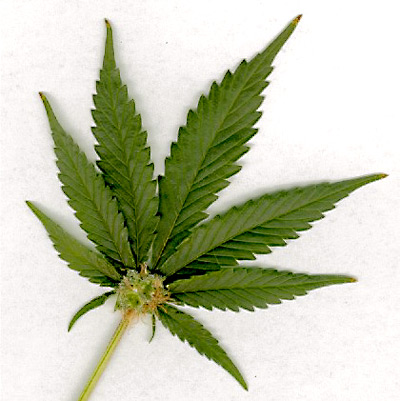
SACRAMENTO, Calif. (BP)–Marijuana supporters in California began their next attempt at legalizing recreational use of the drug July 25, when the secretary of state’s office approved the circulation of ballot petitions for their proposition.
 Advocates for recreational marijuana must gather 504,760 signatures by Dec. 19 for the initiative to appear on either the June or November ballots next year.
Advocates for recreational marijuana must gather 504,760 signatures by Dec. 19 for the initiative to appear on either the June or November ballots next year.
The new movement supported by Steve Kubby, a medical marijuana activist, differs from California’s Proposition 19 — the previous effort to legalize recreational marijuana that failed to pass in the 2010 midterm elections.
This new push to legalize marijuana contends that people who grow the plant should be treated like vintners and microbrewers, who are not taxed if they do keep the product for themselves. Under the upcoming proposition those who sell marijuana would be regulated by the state Department of Alcoholic Beverage Control, the Associated Press reported.
Kubby said in the AP report that next year’s presidential election provides a better chance for the proposition because it pulls in a broader group of voters as opposed to midterm elections where conservatives are more likely to vote.
Proposition 19 was defeated, 54-46 percent, and liberal and conservative politicians alike joined in rejecting the measure. If Proposition 19 had passed it would have made California the first state to legalize smoking pot recreationally.
Meanwhile, the National Association for the Advancement of Colored People (NAACP), whose California chapter backed Proposition 19, made another significant move related to the legalization of marijuana. The organization called for an end to the “war on drugs” July 26 in what it called a “historic resolution.”
The resolution endorses rehabilitation programs and comes after released data that shows African Americans were 13 times more likely to go to jail than whites for the same drug-related offense, the NAACP reported.
“These flawed drug policies that have been mostly enforced in African American communities must be stopped and replaced with evidenced-based practices that address the root causes of drug use and abuse in America,” said Benjamin Todd Jealous, president and CEO of the NAACP.
During the Proposition 19 campaign, though, other black leaders said marijuana legalization would harm the black community. Ron Allen, who is president of the International Faith-Based Coalition and is African American, said the legalization of marijuana would hurt blacks.
“How in the world can we legalize a drug and say, ‘Let everyone stay high’ and believe they’re not going to get arrested for something else?” Allen asked regarding the legalization of recreational marijuana. “It will cause more carnage, more devastation, more crime, more burglary in that community or in any other community. It doesn’t make sense. How can you educate an intoxicated mind? You can’t.”
Allen added, “If Martin Luther King could hear something like that, he would turn over in his grave, knowing that our greatest civil rights organization is talking about legalizing a drug and calling that civil rights.”
The proponents for the new effort to legalize marijuana include Kubby, who helped write the 1996 medical marijuana law; James Gray, Orange County Superior Court judge; and William McPike, a Fresno-area attorney. McPike represented Kubby while he fought drug charges for his possession of a psychedelic mushroom and the hallucinogen mescaline.
Currently, the possession of up to one ounce of marijuana is only an infraction in California. That law, signed by former Gov. Arnold Schwarzenegger, makes the punishment for possession the equivalent of a speeding ticket.
–30–
Whitney Jones is a student at Union University in Jackson, Tenn., and an intern with Baptist Press.















